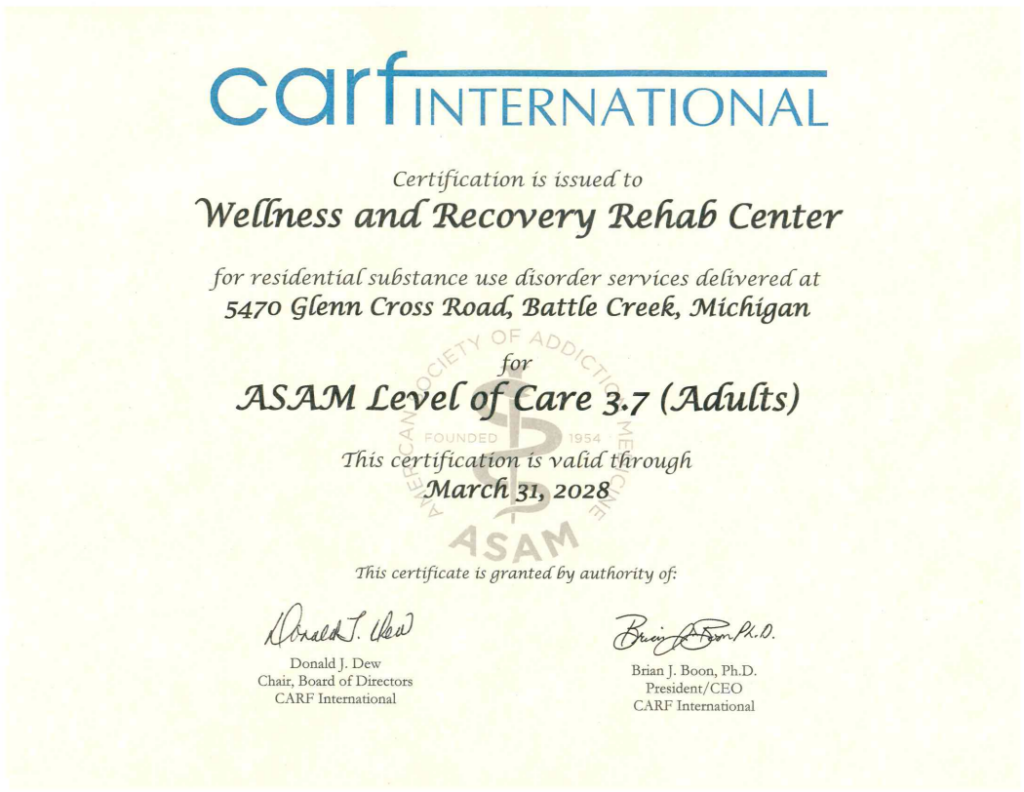
Sub-acute detox is more than just a step in the recovery process—it’s a critical bridge between substance use and long-term healing. It provides a structured, medically supervised environment where individuals can navigate withdrawal safely, without feeling like they’re just another patient in a sterile facility.
At its core, sub-acute detox prioritizes physical stability and emotional well-being, offering professional support while preserving dignity and autonomy. This acknowledges that withdrawal isn’t just a medical event; it’s a deeply human experience that requires compassion, patience, and individualized attention.
With the right balance of expert care and personal comfort, people can begin their journey toward recovery feeling supported, seen, and empowered to take the next step forward.

Sub-acute detox eases that process, offering comfort, stability, and a path forward. Because recovery isn’t just about stopping, it’s about stepping into something better, with the right support to help you get there.
Sub-acute detox provides essential medical and emotional support for individuals who need a structured yet flexible approach to withdrawal. While not everyone requires the intensive care of a hospital setting, detoxing without professional oversight can be overwhelming—both physically and mentally.
Withdrawal symptoms such as nausea, anxiety, insomnia, and muscle aches can make quitting on your own difficult. Although these symptoms may not be immediately life-threatening, they can increase the risk of relapse.
Studies indicate that nearly 50% of individuals with substance use disorders (SUD) have a co-occurring mental health condition, which can complicate withdrawal and increase the likelihood of relapse if not properly managed.2

Detox is only the first step—what comes next determines long-term success.
The importance of monitoring and adjustments cannot be overstated and include:
Detox is only the first step in recovery. A strong aftercare plan is essential for maintaining sobriety:
Myth: “You don’t need medical help for mild withdrawal.”
Fact: Even mild withdrawal symptoms can escalate unexpectedly, making medical supervision crucial to manage potential complications effectively.
Myth: “Sub-acute detox is just for alcohol withdrawal.”
Fact: Sub-acute detox is effective for various substances, including opioids, benzodiazepines, and stimulants, providing tailored care for diverse addiction profiles.
Myth: “If you choose sub-acute detox, you don’t need further treatment.”
Fact: Detoxification addresses the physical aspect of addiction, but comprehensive treatment, including therapy and support, is essential for lasting recovery.

Detox is just the beginning—it’s what happens next that truly determines long-term success. That’s why we provide ongoing support, resources, and guidance to help individuals build a solid foundation for lasting recovery:
No one has to walk the road to recovery alone, and with the right support, the journey into recovery can begin with stability and confidence.
At Wellness and Recovery, we provide the guidance, expertise, and care needed to navigate this critical stage safely. With a structured, compassionate approach, individuals can take the first step toward healing with confidence, knowing they are in capable hands.
Recovery doesn’t happen overnight, but every step forward matters. With the right support, detox can help you reclaim your life. The first step starts today.
